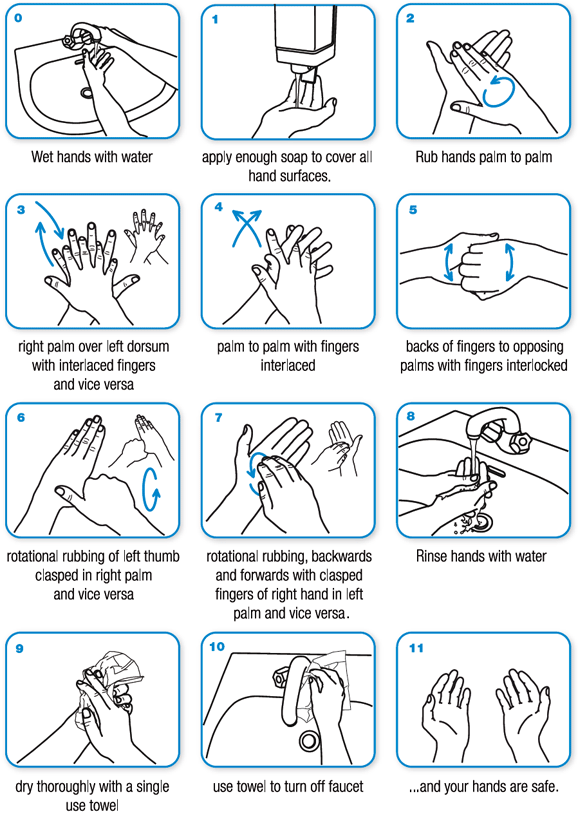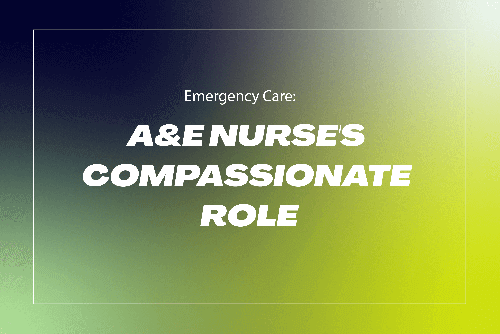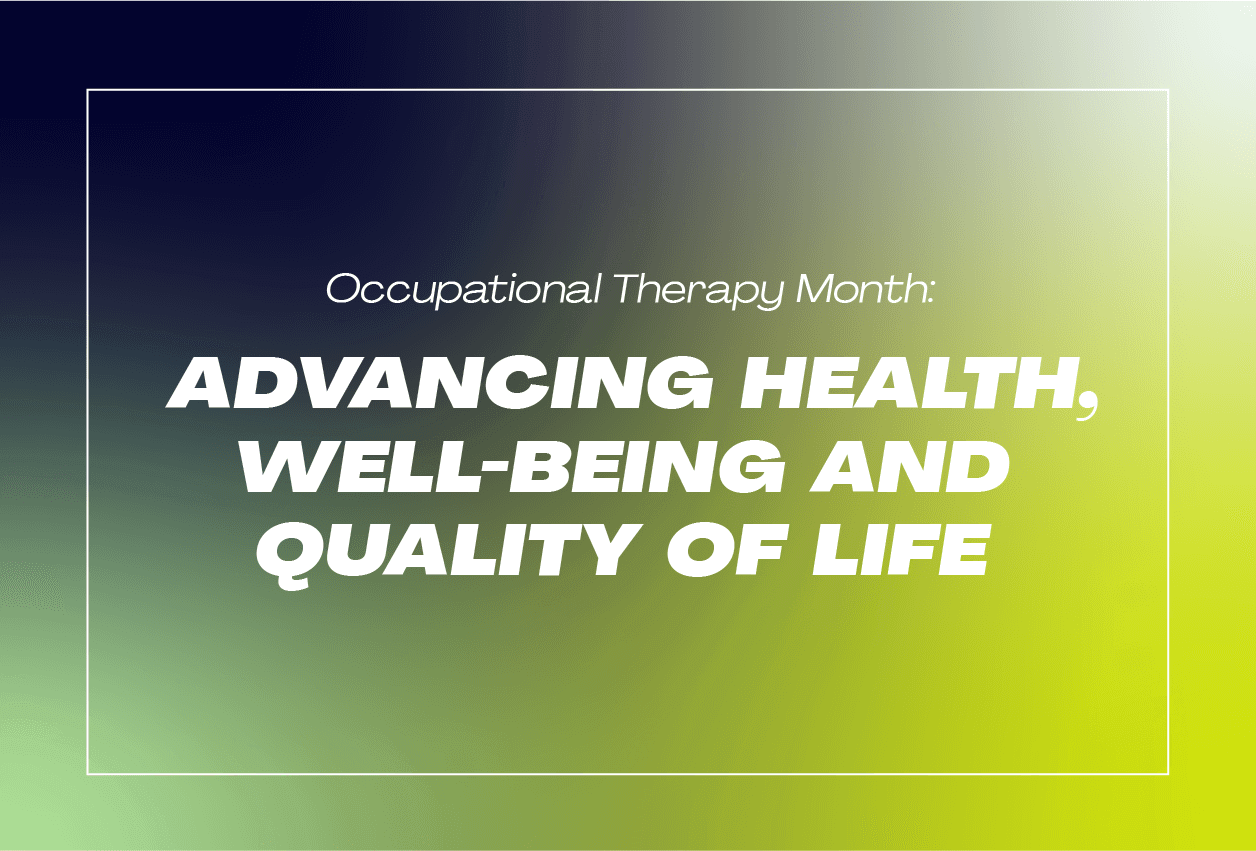By Rachel Lamb . 25/08/2020 · 3 Minute read
Hand Hygiene has always been the single most important way that we can reduce the spread of disease and infection in hospitals. It’s particularly important for Healthcare Professionals such as nurses, doctors, and healthcare assistants who regularly come into close contact with patients.
Now, with the Covid-19 pandemic, the importance of handwashing has been recognised across the globe.
Handwashing and The General Public:
In 2015, it was estimated that only 26.2% of people around the world washed their hands after using the bathroom. As of 2019, that percentage was much higher for the UK – at an average of 76% - but it’s still low enough to make any Healthcare Professional grimace!
Now, there are handwashing posters (such as this one, published by the World Health Organisation) in nearly every public building in the UK, so there's no excuse for poor handwashing practices!

The NHS has also created this video which shows the proper steps for effective handwashing, which is a useful reminder for everyone.
Handwashing in Hospitals:
The World Health Organisation estimates that around 5 million hospital-acquired infections across Europe happen every year - and that these infections are responsible for about 25 million extra days in hospital.
In some cases, these infections are unavoidable. But regular handwashing and decontamination is a simple, and practical, way that you can fight against it.
What is the best way to wash your hands?
Should you always use soap and water, or is alcohol-based hand rub enough?
NHS guidelines say that visibly clean hands can be washed with hand rub. While visibly dirty hands need to be washed with soap and running water. Whichever method you use, you should be following the steps shown in the images above.
Drying your hands is just as important!
Hands that haven’t been completely dried are more likely to have skin damage and risk infection. Wet hands are also more likely to be contaminated, as organisms are transferred more effectively on wet surfaces.
When should you be washing your hands?
There are key moments when you need to make sure you wash your hands:
- Before and after touching a patient
- Before any procedures
- After any risk to the exposure of bodily fluids
- After touching any patient surroundings, such as bed rails or bedside tables
You should also decontaminate your hands immediately before and after wearing any PPE.
What else can you do?
All Healthcare Professionals know the importance of washing your hands throughout your shift. But handwashing isn’t the only thing you need to think about.
It’s important to remember the other Hand Hygiene Do’s and Don’ts:
Do:
- Keep your nails short and clean
- Cover any cuts or damaged skin with a waterproof dressing
- Keep your forearms bare
Don’t:
- Wear nail polish
- Wear wristwatches or jewellery – such as rings or bracelets.
These might sound obvious, but it’s easy to forget when you’re rushing to your second night shift in a row!









